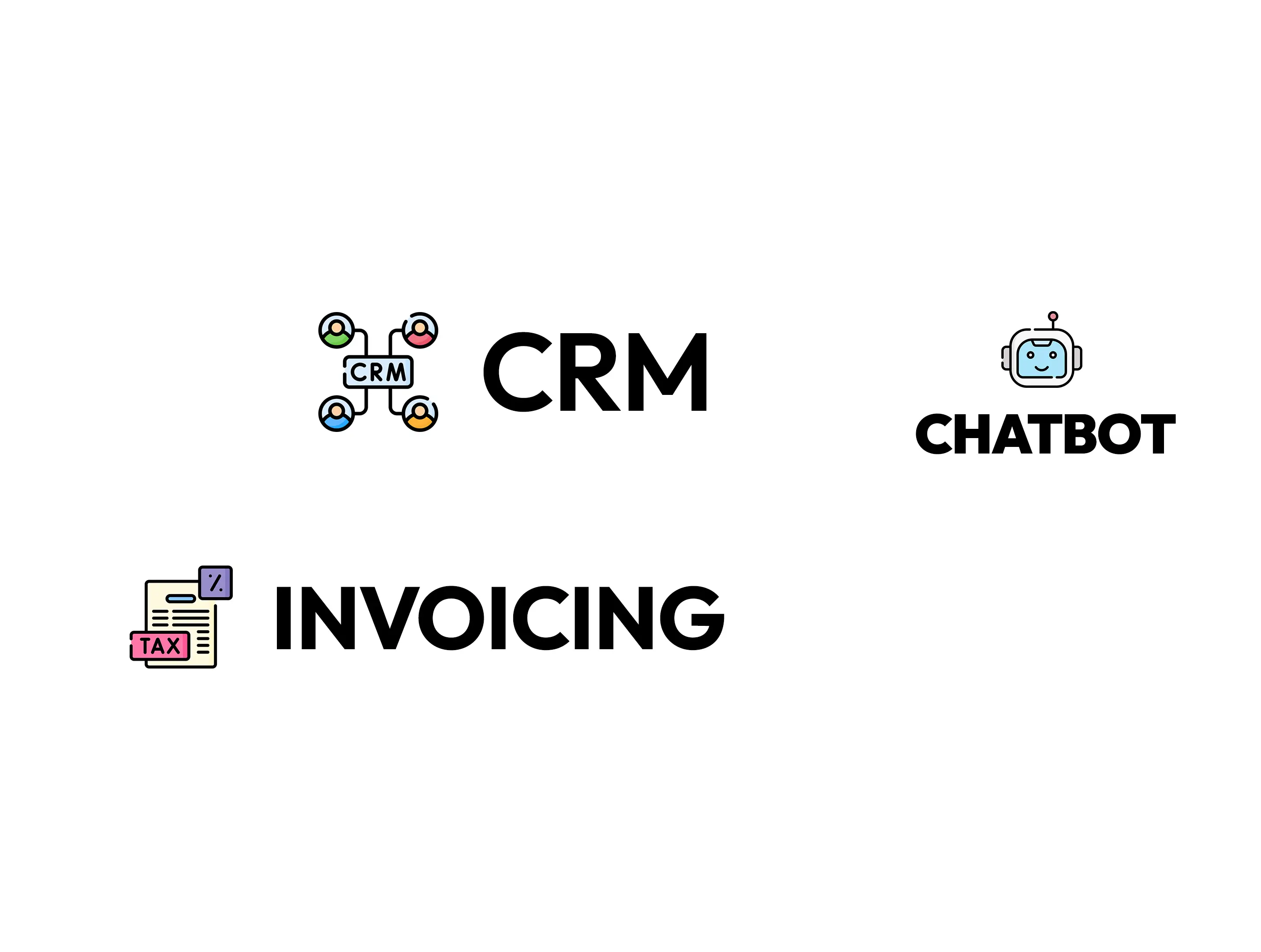



Nous construisons des systèmes hyperautomatisés qui libèrent vos équipes des tâches chronophages.
Rapidement. Sur mesure. Avec vous.











Chez Proofpilot, on conçoit des systèmes intelligents qui éliminent les frictions et font gagner un temps précieux à vos équipes. On ne vend pas de promesses, on livre des solutions concrètes, en quelques semaines — sans tout bouleverser, ni exploser vos budgets.
Conçus selon vos besoins, vos outils, vos équipes. Pas d’automatisation générique, mais un système parfaitement adapté.
Pas besoin de mois de développement : on conçoit des systèmes activables en quelques semaines, avec un impact visible dès le départ.
Pas juste des livrables. Un accompagnement complet, humain, pour que vos équipes s’approprient le système et en tirent le meilleur.
Ce ne sont pas les outils qui comptent, mais ce qu’ils vous permettent de faire. Nos systèmes aident vos équipes à mieux travailler, et ça change tout.





Grâce à un discovery workshop, que nous offrons gratuitement, nous identifiions où le temps est perdu et le potentiel de gain.
On conçoit un système intelligent sur mesure, combinant IA et automatisation, centré sur vos besoins opérationnels.
On déploie vite, sans friction, en connectant vos outils existants. Aucun big bang, juste des résultats concrets.
On forme, on adapte, on soutient vos équipes pour garantir l’adoption. Le changement se fait avec vous.
Développeurs, experts IA, marketeurs… on réunit toutes les compétences pour faire de vos projets une réussite.




.svg.png)


